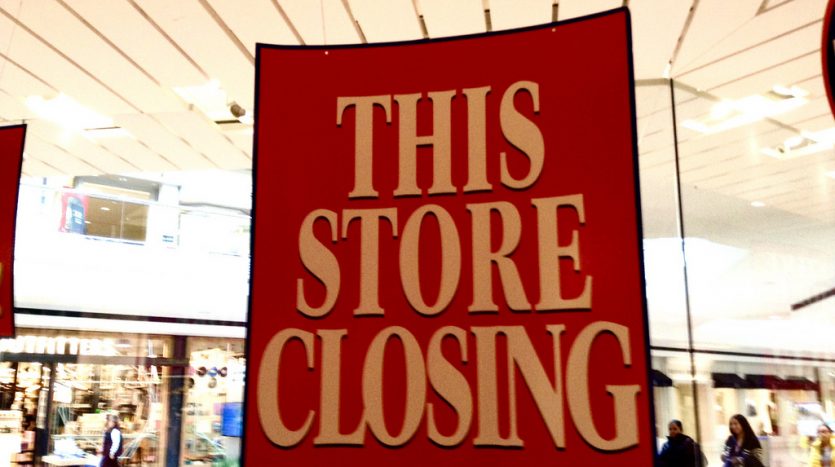Black Friday and Cyber Monday of last year were the two highest grossing online shopping days in history, and it will likely only become more prevalent in the future. With trends such as this, does it mean the end of in-person retail shopping as we know it? Not a chance, but it will force developers and brokers to become more adaptable, have the foresight to try new things, and be capable of shifting their focus from one consumer to the next.
Shoppers not only want the products they are in the market for, but they also want a fun and enticing experience. Although many stores are reducing their size and moving to a just-in-time method of inventory procurement, customers still want to physically touch the goods they are purchasing while being entertained and stimulated in the process. The experience of in-person retail shopping cannot be duplicated over the internet despite the double digit growth rate online retailing has experienced in recent years.
Today’s customers are looking for something unique, and the urbanization and revitalization of downtown areas across the country exemplify this. It has less to do with the product they are interested in and more to do with the process it takes to acquire it. A few examples of this happening in our home town of Tallahassee, Florida include the Gaines Street revitalization and the development of Cascades Park. The beauty of these two projects is that they were once under-performing and unimpressive; however, with immense community research paired with visionary investors and developers, they were reintroduced into the economy as thriving hubs for business, retail, entertainment, and cuisine.
In this constantly evolving market, the term “adaptive reuse” is increasingly more important to landlords and commercial real estate brokers. As big box stores begin shrinking their operations, landlords are forced to use creative means to fill the void and bring profit flow back into the business. Just last week, Kmart and Sears announced they will be closing 43 locations in addition to the 150 closures announced at the beginning of the year. Many have even begun implementing the use of large entertainment venues, such as trampoline arenas and go cart tracks, to fill the needs of the changing demographics.
Despite the growing industry of e-commerce, creative entrepreneurs are adapting and creating experiences you simply cannot achieve through online retailing. This is proven by the recent acquisition of Whole Foods by the e-commerce giant Amazon. Moreover, the $13.4 billion purchase shows the commitment the online juggernaut has to the concept of brick and mortar stores. Consumers are beginning to show they will pay the extra cost for goods if it comes with an entertaining experience paired with an ability to tangibly hold what it is they are buying. One thing is absolutely certain, brokers and investors must be weary of future trends when considering long term lease or purchase options in the retail market.




